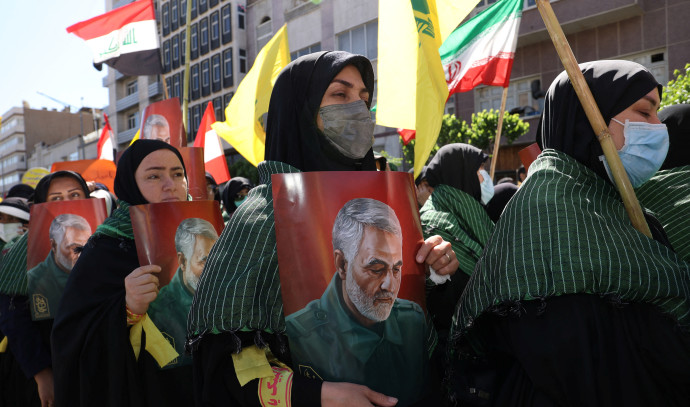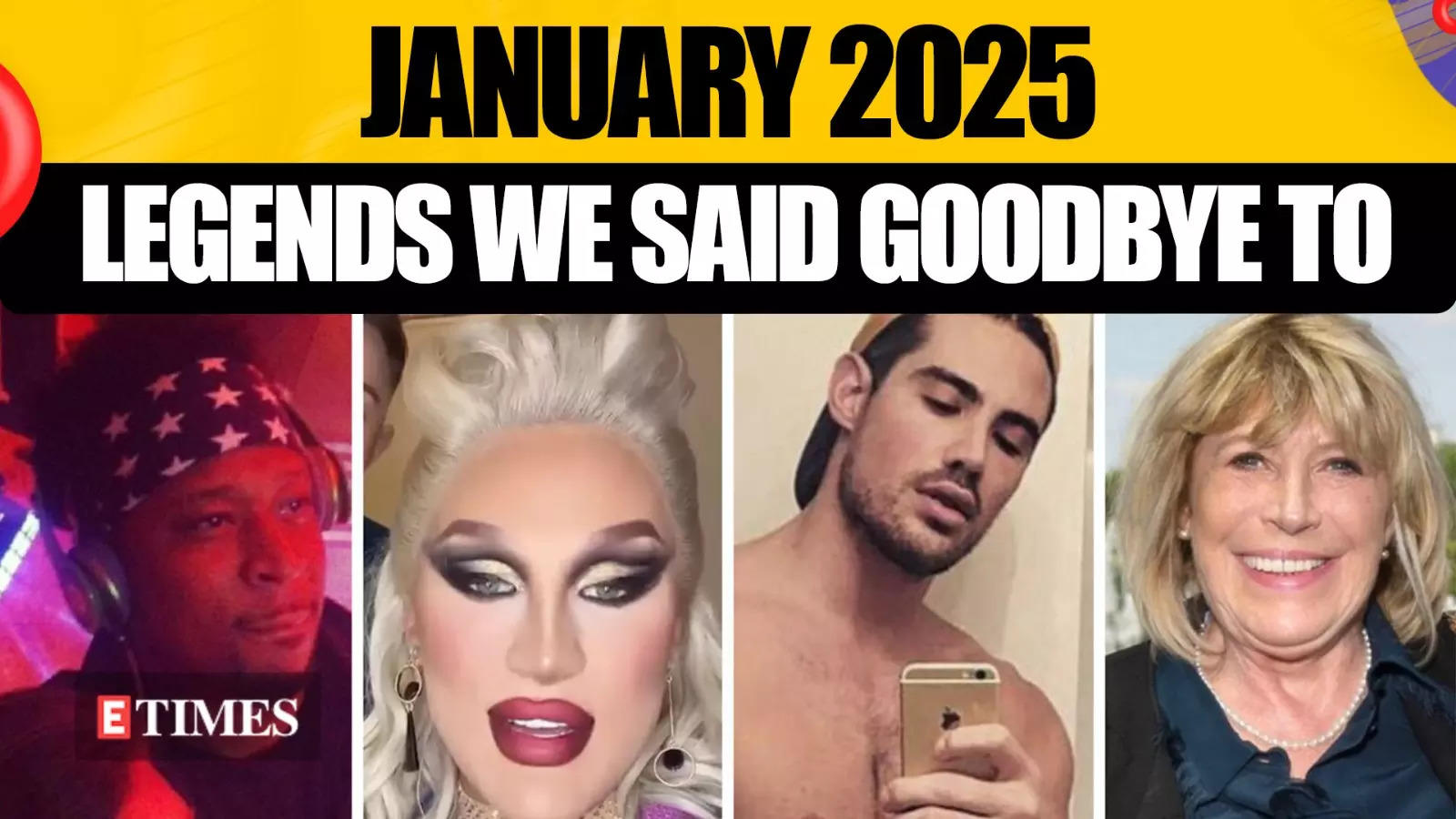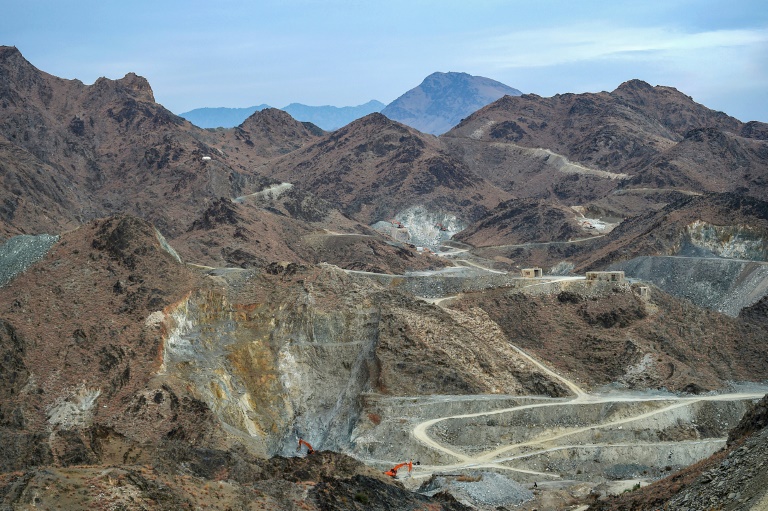Iran and its proxies have put out a plethora of statements about slain Islamic Revolutionary Guard Corps officer Razi Mousavi. He was killed on Monday in Damascus. Since then Iran’s regime and its media have been doing a full court press in his honor. The effusive praise is noteworthy.
Iran’s President and foreign minister have put out statements, as has Hezbollah in Lebanon. He is praised by Iran’s Tasnim media as a key figure in Syria who supported Iranian backed groups there. He is praised for his work with Shi’ites in the region as well.
The level of statements is unique
Not since IRGC Quds Force commander Qasem Soleimani has their been such a flood statements from Iran and its proxies. Unlike Soleimani, Mousavi was not well known in the region or globally.
What’s the point of this public outpouring of adoration for this IRGC commander and also Iran’s threats against Israel in the wake of his killing. Iran has blamed Israel for his death. That’s important, because Iran also wants excuses for escalation against Israel.
In a strange twist relating to Iran’s outpouring of praise, the spokesperson of the IRGC, Ramezan Sharif, claimed that the October 7 attack was related to revenge for the US killing of Qasem Soleimani in January 2020.
Hamas disputed this, claiming they had planned it. The IRGC spokesperson then clarified the comments by asserting that what he meant to say was that October 7 was related to the efforts of Soleimani, not that it was a revenge for his death.
Why did the IRGC spokesperson make this statement in relation to the “martyrdom” of Mousavi? Why did he connect October 7 to Soleimani. Was he, in fact, connecting it to Mousavi in a roundabout way. Consider this interesting question. He claimed that October 7 was revenge for the death of Soleimani.
However, this is not the case. He was in fact speaking at a press conference conference about Mousavi’s funeral details, and he was then referencing the “al-Aqsa flood” operation. Was he inadvertently linking Mousavi to October 7? Mousavi was a key figure in Soleimani’s circles.
All of this matters because Iran is openly admitting the role Mousavi played in the “axis of resistance” in the region. Iran wants to unify various fronts against Israel. This includes proxies in Lebanon, Yemen, Syria, Iraq and elsewhere. Israel carried out a strike in the West Bank today and reports say that Israel has confronted Iranian threats in the region.
El Pais reported on December 26 that “Israel’s Minister of Defense Yoav Gallant told the Israeli Parliament’s Defense Committee that the country is fighting on seven fronts and has responded to attacks in six of them thus far…the minister said that hostilities have spread to Iran, Yemen, Syria, Lebanon and Iraq.
‘I’m saying it here explicitly,’ Gallant warned during his speech.” It comes amid concerns about escalation in northern Israel and a larger regional conflict.
Iran appears to have seen Mousavi as a key part of its regional strategy. This matters if there is escalation and amid tensions in the region that stretch from Yemen to Lebanon.







